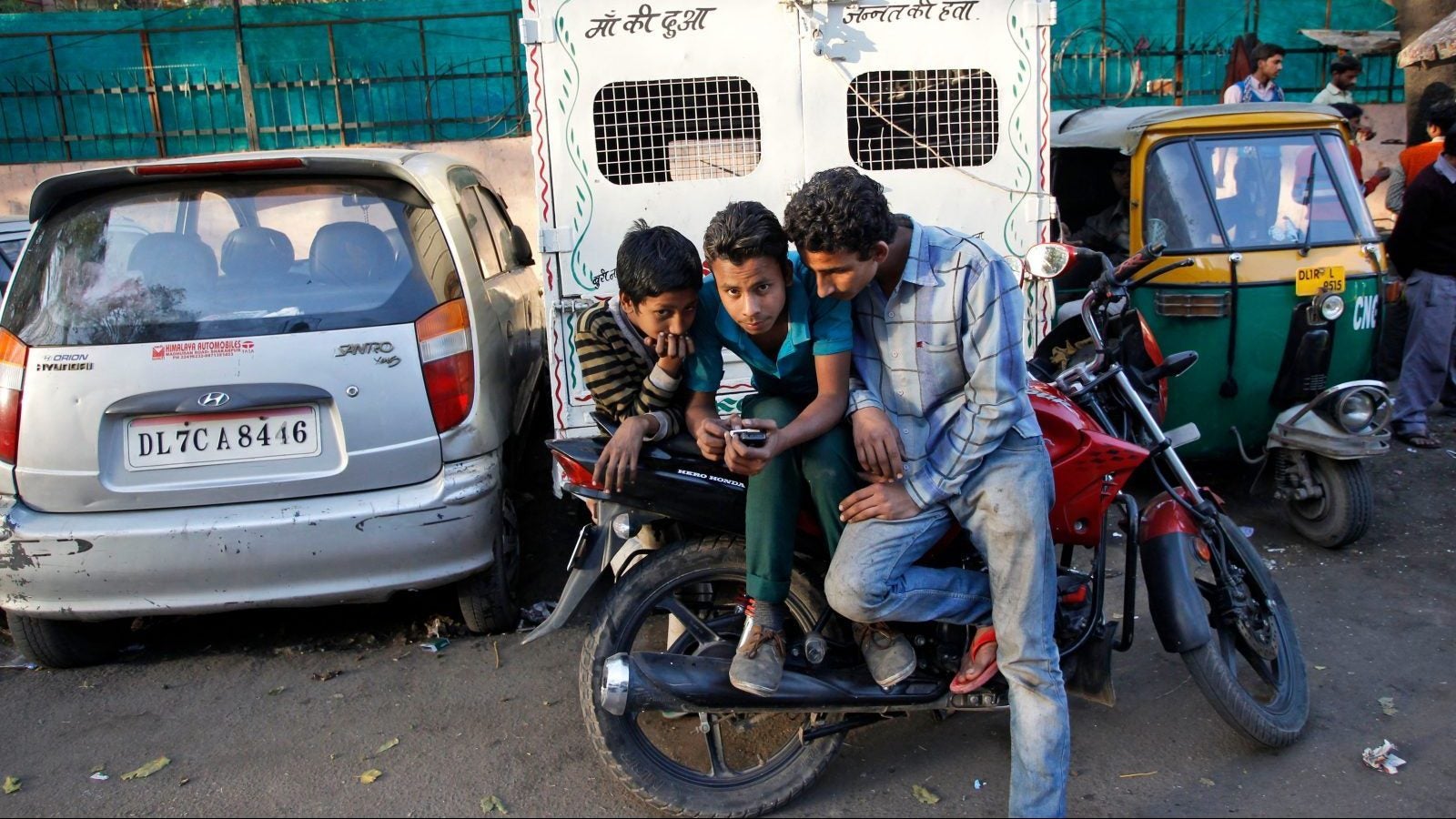This startup is letting Indians rate and question their politicians, US style
A six-month-old New Delhi startup is looking to add a new element to the electoral process in the world’s largest democracy: rating politicians.


A six-month-old New Delhi startup is looking to add a new element to the electoral process in the world’s largest democracy: rating politicians.
Inspired by the US’s approval rating system, 27-year-old serial entrepreneur and Wharton graduate Pratham Mittal has launched a mobile app called Neta, which is attempting to get Indian voters to monitor their elected representatives and hold them accountable.
In the US, approval ratings are used to gauge public support for the president.
“We realised from our experience in the US that these polls make a lot of difference both in terms of forming a public opinion and keeping leaders accountable,” said Mittal, whose company, Shanthi Foundation, owns Neta. “In India, there is hardly any (transparent) data around approval ratings or popularity. We saw a clear void in the Indian market and that’s what we want to fulfill,” he told Quartz.
The app was piloted during the February bypolls in Rajasthan’s Ajmer and Alwar constituencies. It was also deployed in Karnataka ahead of the assembly elections in May.
Now, Neta is set to go national for the 2019 general elections.
Mittal’s venture is bootstrapped and doesn’t make money. Its revenue model is yet undecided, though Mittal said the app would be finetuned as the brand and concept gain credibility.
For now, the company intends to analyse the data it collects and find ways to put it to use. “One of the byproducts we get from the app is very interesting data on how people are voting,” Mittal said. “Today I can tell you that this area in the country is swinging towards this, and who is voting for who.”
As of now, Neta has over 2.5 million users in Rajasthan and Karnataka.
Leading the polls
Mittal’s not new to the polling business.
In 2012, while still an MBA student at the Wharton School at the University of Pennsylvania, he launched Outgrow, a company that supports online polls or quizzes run by websites. Outgrow is used by over 4,000 publications, according to Mittal.
Last year, he decided to return to India and use his expertise here.
Neta lists all candidates in a constituency and lets users rank them. It also potentially allows communication between voters and politicians directly, besides providing a platform for feedback and suggestions. It avoids vote duplication by insisting on a one-time password every time a vote is registered, Mittal said.
In Mittal’s telling, despite being very new, there’s an increasing awareness about the app in the political system. ”Recently, I was travelling on the same train as a group of MLAs. I began talking to one of them about the app,” he recalled. “Initially, he didn’t take me seriously because he hadn’t heard of the app. I asked him to name (his) constituency. (Then) I showed him…(that he was) number three (in the app’s ranking). He got so agitated; he called up his team and made me explain how to increase rankings.”
Gearing up for 2019
Neta mainly targets rural and semi-urban areas, which have a rapidly growing internet user base. Currently, the services of the app are only available in Rajasthan and Karnataka, Mittal said. Soon voters in Madhya Pradesh, Chhattisgarh, the other states going to polls later this year, too, will be able to use it. The company estimates that these three states alone will draw around 10 million votes on its app.
By the 2019 general elections, it expects to have around 100 million votes.
“I want people to be a little more educated about who they are voting for, and post-2019 elections (ensure) that politicians actually do care about their rating on the app,” Mittal said.
He has brought in a team that includes CEO Robin Sharma, the co-founder of the political advocacy group, Indian Political Action Committee (I-PAC), which ran Narendra Modi’s campaign in 2014.
However, Mittal must watch out for the risks, industry experts said.
“Social media is under great scrutiny globally due to its role in elections,” said Satish Meena, a Delhi-based analyst with Forrester Research. “The scale of operations on social media can be very big and the implications are very difficult to answer.”
Nevertheless, analysts expect the app to secure a place in Indian politics, given that politicians are now increasingly becoming tech- and social media-savvy.
“In 2014, there was one party, BJP, which used social media more effectively than other parties. Now almost all parties are investing in social media,” Meena said.